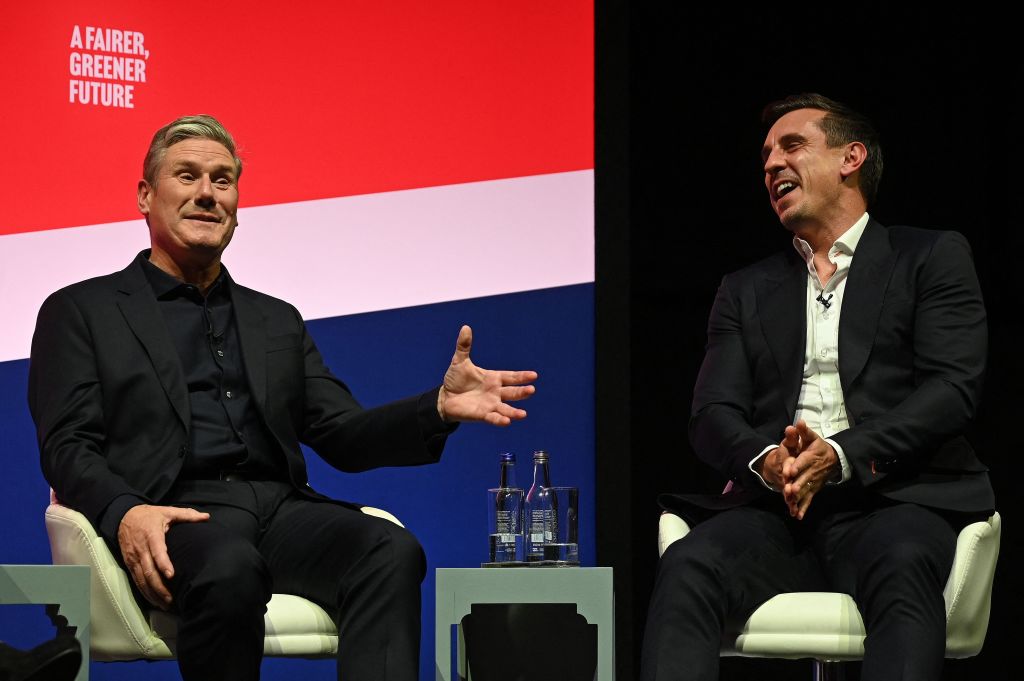The spy who loved Russian football
Could football have prevented the Russian revolution? The Scottish spy, journalist, diplomat, assassin and footballer R.H. Bruce Lockhart certainly thought so.
In chapter two of his memoirs, Lockhart recalls how two Lancastrian mill owners, Clement and Harry Charnock, introduced the sport to the Russian capital âÂÂas an antidote to vodka drinking and political unrestâ among their staff.
The works team became known as OKS and dominated the Moscow league before the First World War. Lockhart recalled: âÂÂI have always counted my football experiences with the Russian proletariat as a most valuable part of my Russian education⦠when I came to know these Northcountrymen better, I realised what splendid fellows they were.
âÂÂI fear the experience was more profitable to me than to my club. I was, in fact, hardly worth my place. Nevertheless, these league matches excited immense enthusiasm. At Oriechovo we played before a crowd of 10-15000. Certainly, Charnock's experiment was a complete success. If it had been adopted in other mills, the effect on the character of the Russian working-men might have been far-reaching.âÂÂ
LockhartâÂÂs rationale is typically Victorian, suggesting that sport in general â and football in particular â could cure all kinds of ills. Karl Marx might have called it an opiate for the masses but he had died in 1883 and his only close brush with the game came in Monty PythonâÂÂs football sketches.
The Charnocks had started small. They had imported a football which, eyewitness accounts suggest, they had inflated in front of their workers, kicked it high into the air and watched, in dismay, as the Russians fled fearing it was some kind of life-threatening incendiary device.
Not many mill owners did follow the Charnocksâ lead. CSKA â or the Amateur Society Of Skiing Sports as it was originally known â was founded in 1911. And the Russians played an English XI known as The Wanderers in a friendly in 1911, losing 11-0. Defeat â and the fear of incendiary attack â didnâÂÂt deter them for long. The Russians lost 16-0 to Germany and joined FIFA a year later.
There were, though, enough teams to form a Moscow league. OKS won the league in 1912 with a team containing six Brits â including Lockhart and an Army officer who, as General Wavell, commanded the Allies in the Middle East in World War Two â and five Russians.
Lockhart was a reasonably consistent performer although in a friendly against a German team he was reprimanded by the referee for asking God to condemn opponents who âÂÂused their weight with unnecessary vigourâ to âÂÂthe nethermost depths of HellâÂÂ.
As Russia became embroiled in revolution, Lockhart had a hellish time of it. As head of the British secret service in Moscow he and Sidney Reilly - the legendary ace of spies played by Sam Neill on TV - concocted a bizarre plan to accost Lenin and Trotsky at the Bolshoi ballet.
ItâÂÂs not clear whether the spies intended to shoot the Bolshevik leaders or arrest them but the plot, daft as it was, never amounted to anything.
When a Socialist Revolutionary called Fanya Kaplan did shoot Lenin â not fatally â in 1918, Lockhart was banged up by the Russian secret police and, eventually, released in a swap for a Soviet spy called Maxim Litvinov. By then, at 31, his playing days were almost over, though he had a senior post in British intelligence in World War Two and didnâÂÂt die until 1970. But the legacy of Lockhart and the Charnocks endures.
Ironically, OKS, home to a British secret agent, metamorphosed into Dinamo Moscow, the KGB team nicknamed âÂÂgarbageâ â Russian slang for cops â by rival fans.
And when the Soviet Union beat England for the first time at Wembley in 1984 (2-0 with a goal by the prolific Oleg Protasov) it was regarded back in the USSR as if their game had finally come of age.
The best features, fun and footballing quizzes, straight to your inbox every week.
 Join The Club
Join The Club





